 How Much Is a New Boiler in 2025 Uk Pricing Guide
How Much Is a New Boiler in 2025 Uk Pricing Guide
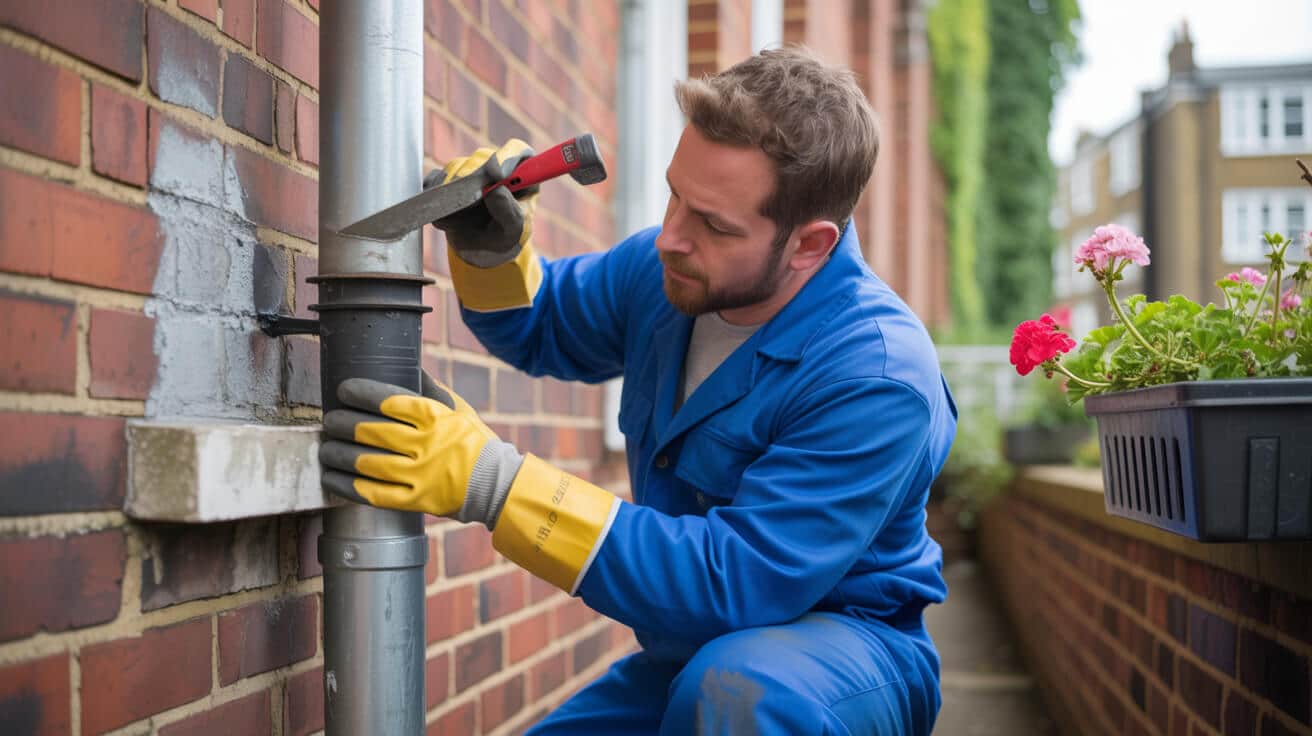
How Much Is a New Boiler in 2025? The UK Pricing Guide That Won’t Leave You in the Dark
Boiler replacement is no longer a forgettable expense or quick tick-box job. For UK property owners, landlords, agents, and block managers, the 2025 boiler market can be a maze of headline prices, fine print, and evolving standards, with choices that directly impact property value, energy bills, and compliance standing. There’s no shortcut: what you commit to this year shapes your spending, risk, and peace of mind for winters to come.
A new boiler is more than a machine—it’s your insurance against cold complaints, repair panics, and compliance headaches down the line.
Avoiding unwelcome surprises starts by seeing through the tempting “lowest price” offers and understanding the real levers of cost: regulations, property suitability, documentation, and aftercare. When you get the right boiler, installed by the right team, at a transparent price, you don’t just heat your building—you future-proof your asset. Plumbers 4U delivers clarity: what’s included, what isn’t, and how to achieve savings (and compliance) that actually last.
Which Boiler Types & Choices Will Shape UK Installation Costs in 2025?
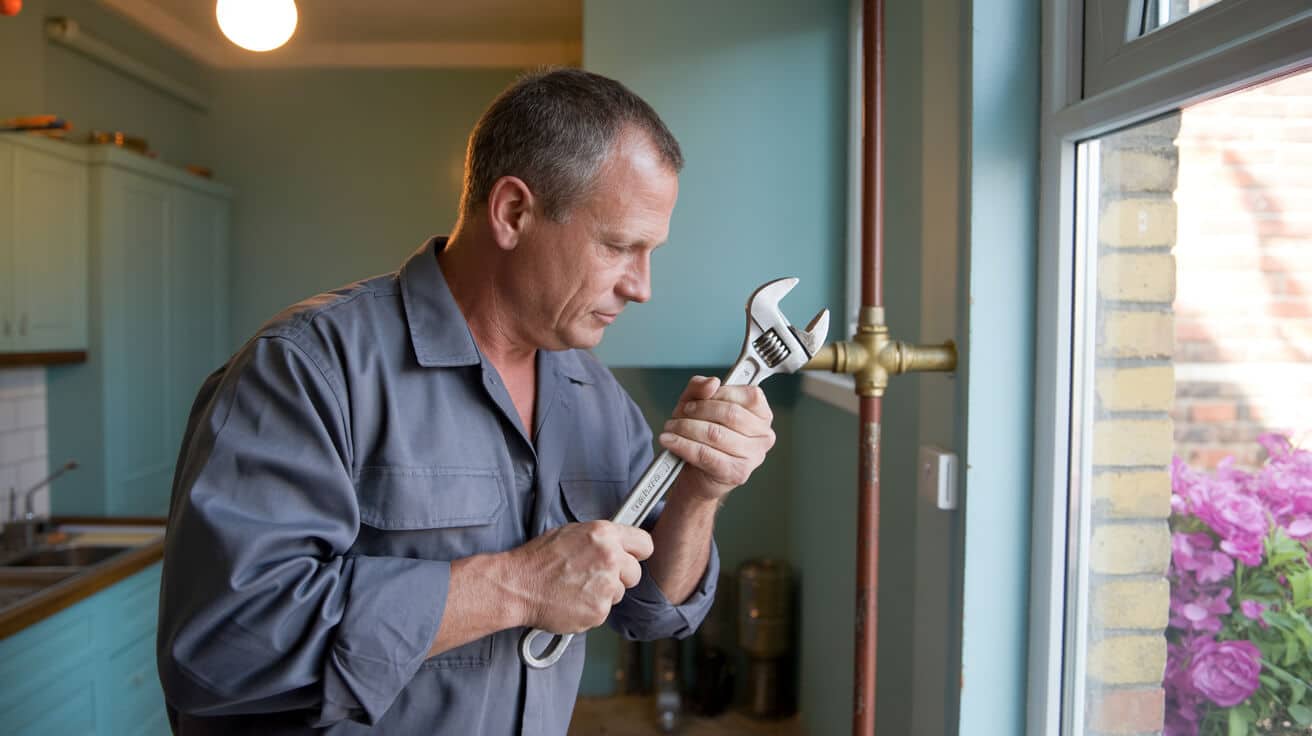
If you’re planning a boiler swap or upgrade, don’t buy into the myth that there’s a single “average UK price.” Your property type, usage patterns, and regional standards will impact your quote more than any national headline. The best choice blends heating needs with compliance, upgrade compatibility, and operating cost—all factors that move with the 2025 market.
How Do Combi, System, and Conventional Boilers Stack Up for 2025 Instals?
- Combi Boilers: – Best for flats or small houses needing hot water on demand, no tanks. Expect £1,100–£2,500 supply and fit for basic replacements; minimal extra work if a direct swap.
- System Boilers: – Suited for homes with high simultaneous hot water use or for landlords juggling multiple tenants. Expect £1,500–£3,200, factoring for a cylinder (new or retained).
- Conventional Boilers (Regular/Heat-Only): – Ideal for older homes with open vented systems or loft tanks. Complexity often brings the total to £1,700–£4,000+ if pipes, tanks or controls require modernisation.
- Alternative Fuels (Oil, Electric, Biomass): – More common in rural or off-grid areas; expect £2,100–£5,500, not including fuel delivery logistics or special servicing needs.
System conversions (e.g., tank to combi) or major pipe/reactivation works add 25–35% on top of base quotes. These are rarely “add-ons”—they’re the cost of meeting 2025 standards for property safety and value retention.
Typical instal prices in 2025: Combi £1,100–£2,500, System £1,500–£3,200, Conventional £1,700–£4,000+ (excludes storage or pipework upgrades). ([tmhughesandson.uk](https://tmhughesandson.uk/how-much-is-a-new-boiler/?utm_source=openai))
You never want to sleepwalk into a like-for-like replacement—2025 regs and usage patterns may mean your property needs a smarter, more efficient setup, or you’ll pay more (sometimes much more) later.
What Factors Actually Raise or Lower a Boiler Quote in 2025—And Are Any Under Your Control?

Headline prices are for one thing: ad copy. You only know your real total after a property-specific survey. The most common quote shock? System alterations, hidden compliance upgrades, or “must-have” controls that weren’t mentioned up front. Knowing each cost driver is your best tool for protecting your wallet and your reputation as a decision-maker.
Which Cost Variables Have the Biggest Impact on Boiler Quotes?
- Property Size & Output: – More outlets, more power required; oversized boilers waste money, but undersized kit equals cold rooms and poor flow.
- Brand & Warranty: – Worcester Bosch, Vaillant, and other top brands command a premium of £500–£1,000 but may pay back with longer cover and better resale scores.
- Instal Complexity: – Shifting the boiler’s location, changing fuel type, rerouting flues/pipework can mean £500–£1,500 more in combined parts and labour.
- Controls & Compliance: – 2025 mandates advanced programmable controls (smart stats/Hive/Nest) for EPC compliance; £150–£350 additional spend is standard.
- Labour & Access: – Multiple floors, difficult access, or block instals? The complexity can spike your costs beyond “list” rates fast.
- Energy Standard Compliance: – For landlords, sellers, or those remortgaging, achieving an A- or C-rated EPC (as required by lenders or for future rental law) may require upgrades beyond just the boiler.
System complexity, controls, and brand can be bigger drivers of cost than the basic boiler price. ([newboilerinstallationsglasgow.co.uk](https://www.newboilerinstallationsglasgow.co.uk/new-boiler-cost-factors/?utm_source=openai))
Ask for a fully itemised quote split by labour, kit, controls, and certs. The most “affordable” jobs? They’re nearly always broken into clear, predictable parts—with no cheeky add-ons paperworked in later.
Don’t let what’s “not quoted” become your biggest regret.
Where Most Boiler Budgets Go Wrong: The Hidden Extras That Surface Post-Survey
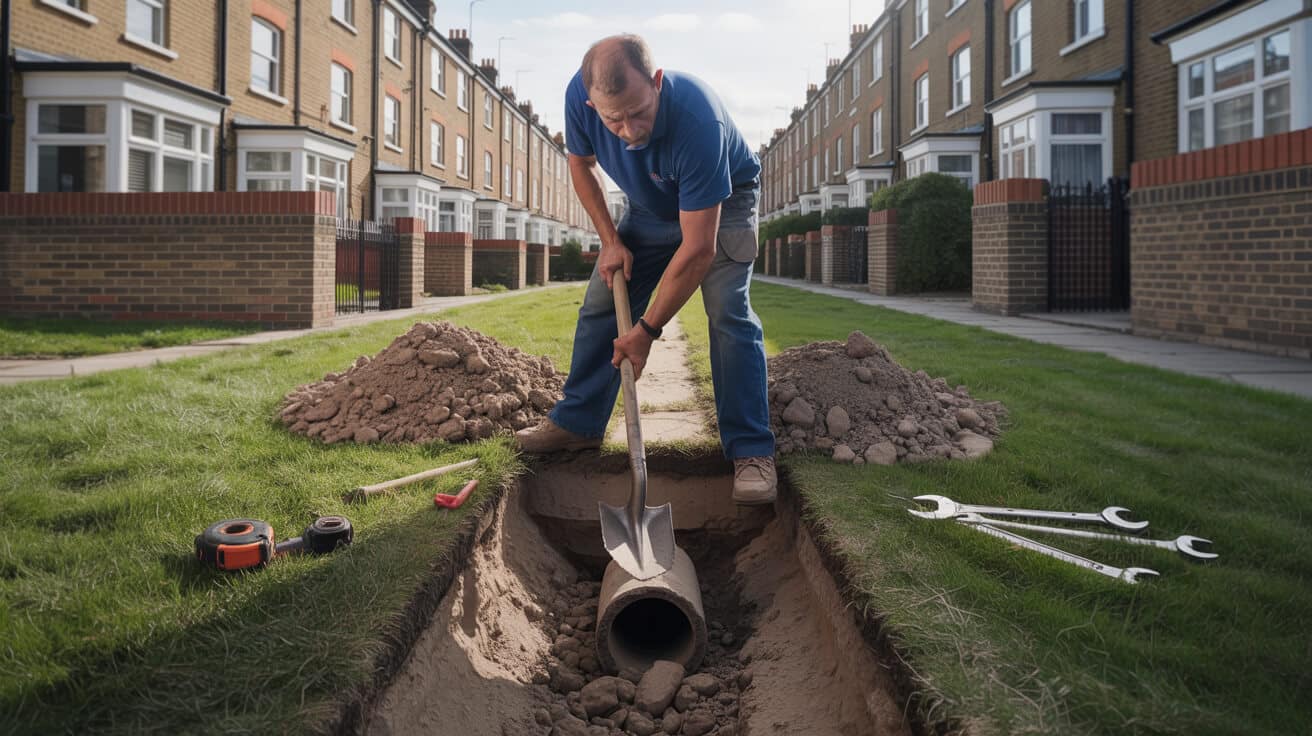
No one likes budget-killers. Yet, the majority of boiler upgrades hit overruns not because of greed—but because of unlisted system quirks, compliance faults, or unfamiliar regulations. Knowing which “add-ons” trip up even seasoned property pros means you can demand clarity early, and keep your costs (and timeline) under control.
Which “Extras” Commonly Sneak Into Boiler Quotes After the First Survey?
- System Conversion: – Any switch between tanked and tankless setups involves pipe rerouting, wall/floor adaptation, tank fitment/removal: expect £500–£1,500.
- Boiler Relocation: – Moving up a floor, outside a kitchen/bath, or routing a flue through a new wall: £300–£900.
- System Flushing: – Powerflush or chemical cleans can be a warranty requirement, especially if you’re switching to a condensing or system boiler: £300–£700.
- Radiator/Valve Upgrades: – Up-to-code installations often require thermostatic radiator valves (TRVs) or full-system valve swaps, especially for regulatory sign-off: £250–£900.
- Appliance & Debris Disposal: – Environment rules prevent skips for “old” kit: safe removal/eco-recycling is sometimes *extra*. Clarify before sign-off.
System changes add £500–£1,500, relocation up to £900, radiator and cleaning upgrades £250–£900—always ask for a clear scope. ([alpha-heating.co.uk](https://alpha-heating.co.uk/boiler-installation-costs-a-complete-breakdown/?utm_source=openai))
If you understand every line of your quote, you’re likelier to secure a true-to-budget job—and gain upgrade investments that genuinely increase comfort, value, and compliance.
Clarity before day one is worth more than any last-minute ‘deal’ from a rushed installer.
Why Certain “Extras” Are Usually Smart Investments—Not Hidden Gimmicks (Efficiency and Compliance)
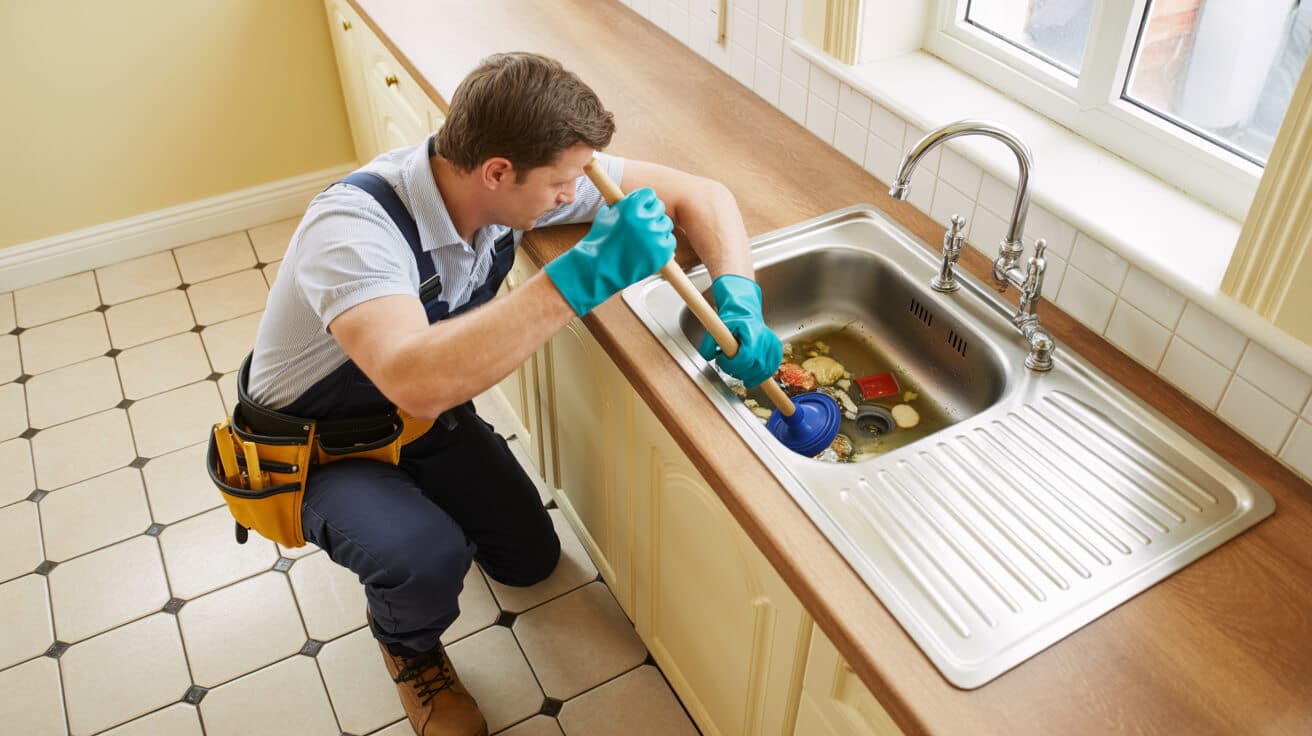
Paying for modern controls, better zoning, or eco-kit as part of your instal is not a “gotcha”—it’s the cheapest route to lower fuel bills, grant eligibility, and protection against evolving property law. Every pound spent here can be tracked, justified, and often recovered—not just in energy, but future letting, resale, or insurance eligibility.
Which Upgrades in 2025 Provide Real Payback or Compliance Leverage?
- A-Rated Boilers & Controls: – For homes with D–F rated legacy boilers, upgrades *average* 10–15% annual energy bill reductions *(BEIS, 2024)*. Programmable stats (Nest, Tado, Hive) add 5–10% more (and sometimes lower maintenance bills).
- Renewables & Hybrid Ready: – Prep your home for future integration with heat pumps or solar. Instals that include “renewables ready” plumbing or smart controls often unlock 2025 grant and EPC eligibility, plus long-term value.
- Weather Compensation/Condensing Tech: – Modulating heat output to demand means leaner burn rates, fewer failures, and compliance with the “low-carbon” rules being imposed with every grant/cert deadline.
- System Insulation & Upgrades: – Adding lagging, zoning, and TRVs for each radiator is now a compliance step—and directly increases comfort and rental/sale leverage.
An A-rated boiler with modern controls often shrinks bills by 15% and can unlock grants for EPC upgrades. ([edinburghboilers.com](https://edinburghboilers.com/factors-affecting-boiler-replacement-costs?utm_source=openai))
Don’t see advanced controls, pipe lagging, zoning, or system upgrades as upsells—they’re proof of a future-proofed asset and smooth compliance, not just heating power.
What Help Exists to Cut Your Real Cost—And Who Actually Qualifies for Grants in 2025?
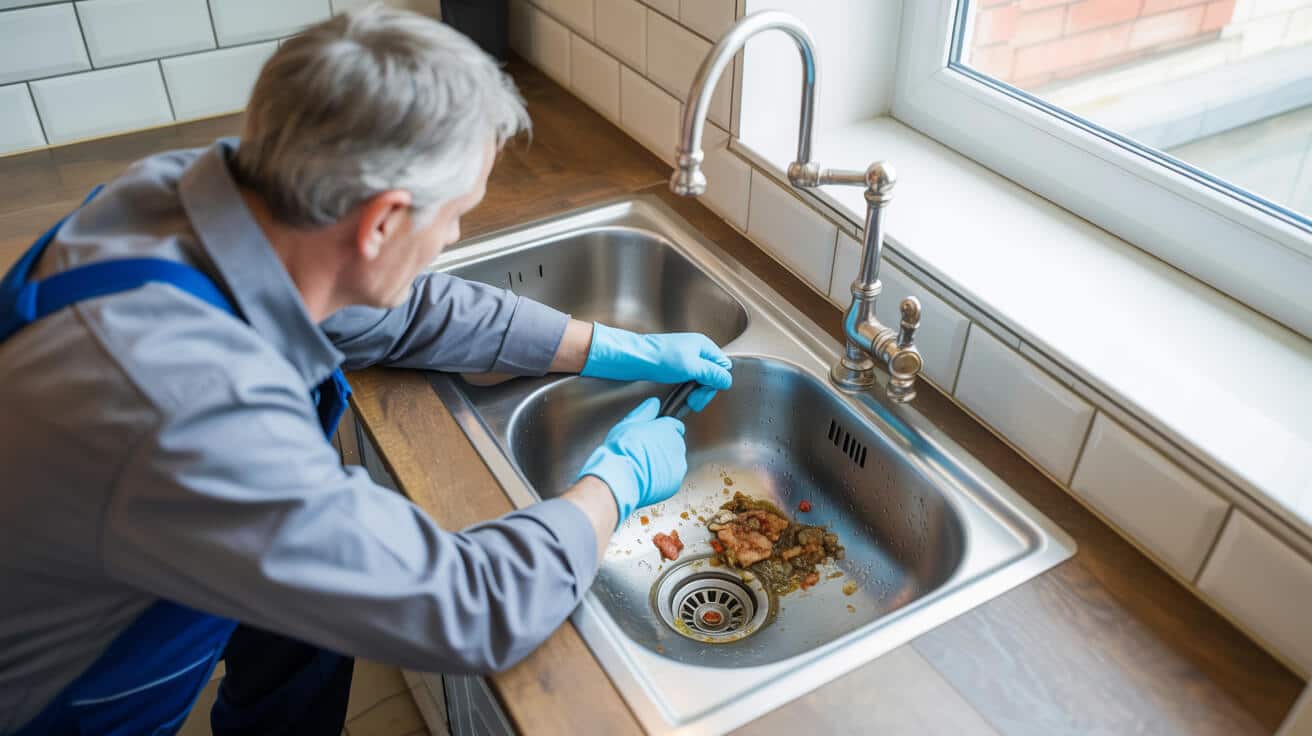
With energy standards ratcheting up and property budgets squeezed, grants are less a “bonus” and more a strategic necessity. However, eligibility isn’t automatic—knowing which rules match your property, tenure, and improvement plans is now essential due diligence.
Which Schemes, Discounts, and VAT Breaks Make a Difference?
- Boiler Upgrade Scheme (BUS): – Up to £7,500 for heat pumps, £5,000 for qualifying biomass systems, for properties with EPC C or better. Scheme runs to the end of 2027.
- ECO4/ECO+: – For low-income or energy-inefficient homes, these can fund partial or complete upgrades (boilers, insulation, controls); agent/landlord eligibility usually flows from property, not income.
- Council/Local Schemes: – Regional grants may be tied to postcode, property type, or rental/lease specifics.
- VAT Exemptions: – Efficiency-driven improvements, including most smart controls and certain insulation, are zero-rated (no VAT) through at least 2026.
Boiler Upgrade Scheme: up to £7,500 for heat pumps, £5,000 for biomass, with an EPC C required—live to Dec 2027. ([energysavingtrust.org.uk](https://energysavingtrust.org.uk/grants-and-loans/boiler-upgrade-scheme/?utm_source=openai))
Landlords and agents: missing a grant/application window usually winds up costing much more than under-saving with the “cheapest” boiler. Time your projects to align with grant cycles or EPC assessment dates, and get multiple written quotes—trustworthy firms will proactively help you navigate options.
What Are the Hidden Risks if You Prioritise the Lowest Boiler Price Over Credentials and Compliance?
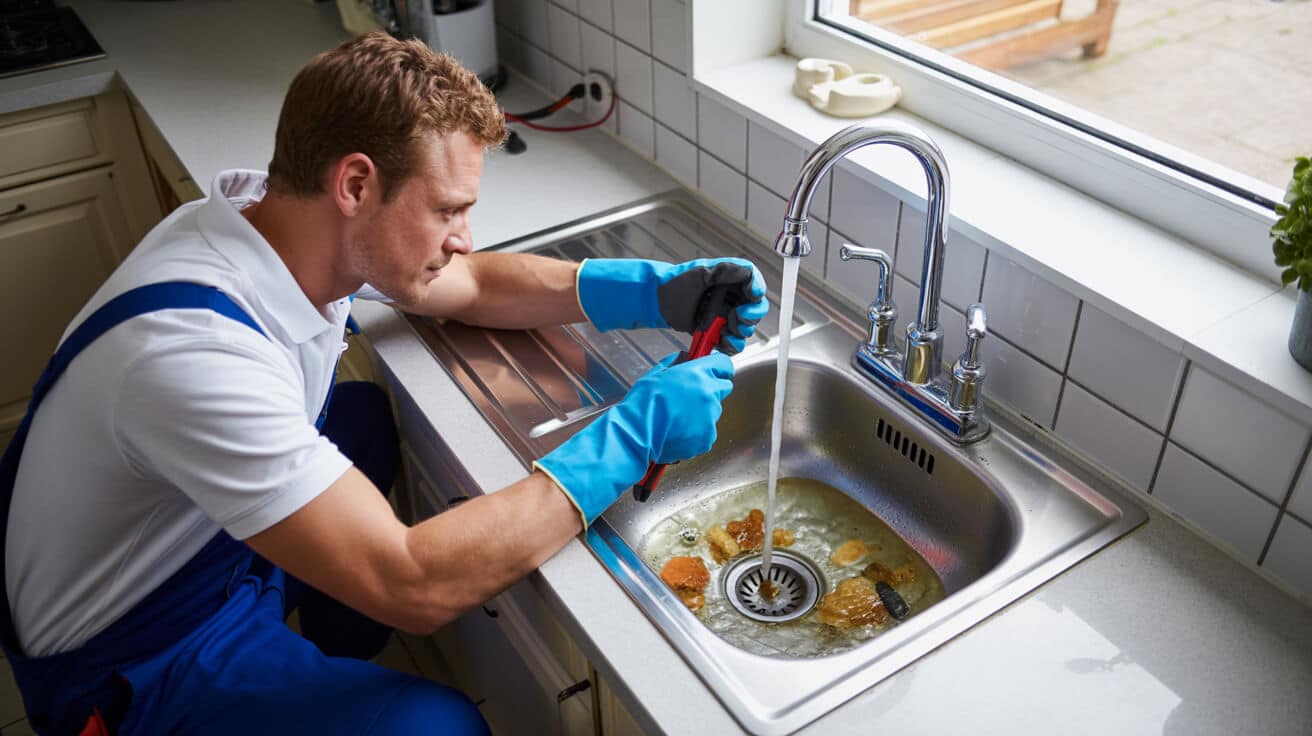
The quickest route to trouble is to choose on price alone, assuming every “new instal” is identical. In reality, warranty, insurance, and letting cover are now strictly tied to paperwork, engineer credentials, and regulatory sign-off—not just an invoice or receipt.
Where Do Disputes and Fines Actually Hit Owners and Property Managers?
- Scope of Work: – Only itemised, written quotes with a visible survey trail are contractually enforceable. Roughly 40% of instal disputes involve vague or verbal contracts *(Source in outline)*.
- Accreditation Checks: – Statute and most insurance demand Gas Safe ID for all gas work; G3, TrustMark, WRAS, and WaterSafe matter for cylinders, water systems, and legal compliance (especially in multi-tenant, rental, or block-managed property).
- Documentation & Compliance Folder: – Missing the Benchmark logbook, G3 safety proof, or EPC metre reading can cause mortgage refusals, rejected insurance claims, and block future sale or letting.
- Handover Protocol: – The law increasingly requires both the owner and tenant to receive completed paperwork, photos of instal and controls, and signed user-friendly guides.
2 in 5 UK households overspend due to unclear quotes or unverified credentials; average overspend: £400+. ([knowyourboiler.co.uk](https://knowyourboiler.co.uk/2025-guide-gas-boiler-installation-costs-and-what-to-expect-in-the-uk/?utm_source=openai))
If your installer sidesteps paperwork, won’t show credentials, or writes up “all-in” quotes with no detail—walk away. That shortcut is the fastest path to costly compliance failures down the road.
If you can’t audit the paperwork, you can’t trust your legal or financial position—regardless of ‘instal’ date.
Which Documents, Checks, and Certifications Guarantee Your New Boiler Is Legally & Financially Secure?
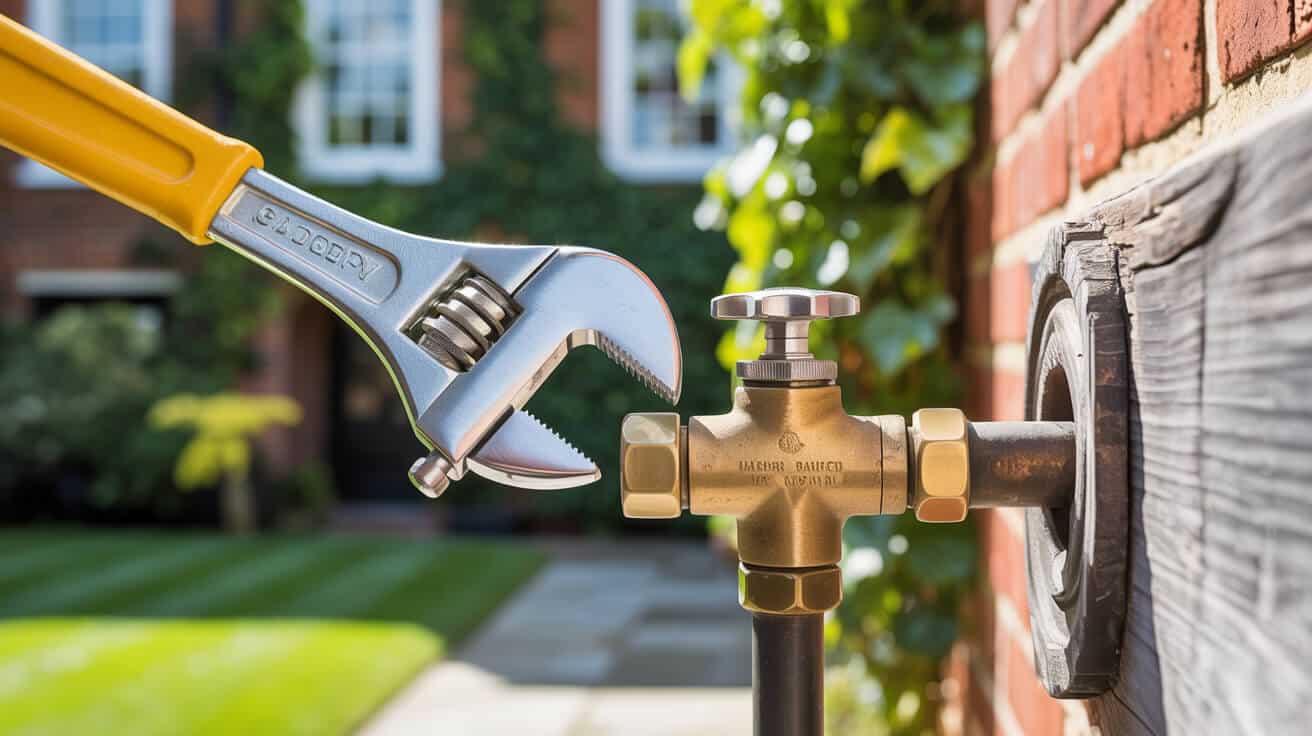
In 2025, a true ‘complete’ boiler job is only as secure as its audit trail. Every legitimate firm now delivers a predictable checklist—miss a single element, and you risk invalid insurance, blocked warranties, or letting refusals.
What Makes the Paper Trail Gold-Standard, and How Do You Lock It In?
- Gas Safe Register: – Always cross-verify your engineer’s ID at [gassaferegister.co.uk](https://www.gassaferegister.co.uk/); check expiry and that “boiler” is in their certified scope.
- G3/WRAS/WaterSafe: – Required for all unvented cylinders, tank changes, or any major water supply work. Non-certified fitters risk legal and warranty exposure.
- Benchmark Completed in Front of You: – Most major manufacturers demand the benchmark logbook is filled on-site, witnessed, and left with the client to activate warrant.
- EPC Metre Evidence and Certification: – Installers are now expected to log metre readings, produce proof of EPC improvement, and explain their impact on property value and compliance.
- Full Handover: – Complete demo, photos, and simple guides—plus all warranty and safety paperwork—protect you in the event of dispute or regulatory check.
Gas Safe logbook, G3/WRAS/WaterSafe certificates, and a Benchmark log are required; missing any blocks warranty or insurance. ([Checkatrade.com](https://www.checkatrade.com/blog/cost-guides/new-boiler-cost/?utm_source=openai))
Trustworthy teams like Plumbers 4U make this process automatic—not a battle. The details are handled, the documents handed over, the walk-through clear. That’s not a bonus—it’s the new baseline.
Secure a 2025 Boiler Quote That’s Transparent, Risk-Free, and Actually Delivers Savings—Plumbers 4U
Boilers in 2025 aren’t just about heating—they’re tools for compliance, asset management, and long-range savings for every owner, landlord, and property manager. Plumbers 4U elevates every stage:
- Expert, credentialled surveyors and installers: G3, WRAS, WaterSafe, and CSCS approved professionals who lead with proof, not fast talk.
- Fixed, zero-surprise pricing: Every project fully itemised—parts, labour, controls, regulatory steps—before you sign, not after.
- Complete documentation & aftercare: Job log, photos, warranties, compliance folder, and post-job support as standard.
- Grant and compliance navigation: Step-by-step support to align with EPC, insurance, funding, and fast-changing laws.
Every Plumbers 4U instal: surveyed, specified, delivered, and logged by certified engineers; all paperwork handed over, guidance provided. ([plumbers4u.co.uk](https://www.plumbers4u.co.uk/boiler-installation/?utm_source=openai))
Want a real-world walk-through? Ask to see our handover pack, or talk to a client who’s used our grant and compliance service. No rush, no jargon—just the clearest path to a future-proof, fully certified instal.
Request your all-in, compliance-assured fixed quote from Plumbers 4U today—protect your property, your budget, and your name before 2025 winter hits.
Frequently Asked Questions
Why Do 2025 Boiler Instal Quotes Differ for Similar Properties Across the UK?
Even outwardly identical homes get boiler quotes with wide price gaps because installation is rarely just a “swap”—it’s a response to everything hidden behind the plaster, under the floor, and in your documentation drawer. The quirks of your building, from odd insulation to long-dead plumbing runs, hit the job cost more than any model on a spreadsheet.
A basic job becomes challenging if you have a boxed-in boiler cupboard, legacy pipework patched with plastic, or a building with tricky access. Surveyors often find dry joins, corrosion, or code violations that add hours for safe commissioning. Sometimes a neighbour’s boiler instal was a breeze, but your flat, next door, needs a scaffold just to access the flue. What’s “routine” for one is never universal—legacy radiators, access restrictions, tank removals, and odd route pipework mean each instal is a custom project.
You can copy a quote, but never the path your pipes took—your final price follows the real-life quirks of your own home.
What Guarantees an Accurate Instal Quote?
- Full, in-person survey: No substitute for boots-on-site and eyes behind each panel.
- Line-by-line quoting: Each element priced up front—removal, fitment, controls, compliance, and aftercare.
- Documentation checks: Reviewing your existing system paper trail for missing certificates or spec discrepancies.
Plumbers 4U calls out these differences up front—surveyors map every twist in your system before the real work starts, so your budget reflects your home and not just a marketing set-piece.
Ready for a true-to-property boiler quote? Book your Plumbers 4U survey and see every factor uncovered, never glossed over.
What Regulation Shifts Matter Most for Boiler Instals in 2025 and Beyond?
The pace of heating regulation in the UK now sets the tone for every boiler instal. From 2025, standards have tightened so sharply that yesterday’s “legal” job can lose insurance or grant support overnight. Smart controls aren’t optional; WRAS-approved fittings, Gas Safe, and G3 sign-off are prerequisites for compliance and for keeping home insurance intact.
The newest updates make installation as much about future-proofing as compliance for today. This means every new boiler must come with programmable or weather-responsive controls, detailed EPC documentation, and heat-loss calculations for the system as a whole. Landlords face minimum EPC C hurdles for letting, while homeowners need paperwork to satisfy insurers or lenders. Bottom line: a quick fit with missing docs now leaves you exposed—to fines, coverage rejections, and missed grants.
The rules no longer let you fit and forget—they force every homeowner to futureproof or face payback down the line.
Key 2025 Regulatory Levers That Affect Your Quote
- Smart/stat controls: Legal must for all instals; old timers are non-compliant.
- WRAS, Gas Safe, G3 certification: No paperwork, no valid instal, no insurance.
- Grant compliance: Instal must be pre-registered and documented for eligibility.
- EPC triggers: Upgrading isn’t optional for landlords or sale—proof of work is everything.
Plumbers 4U locks down the full documentation suite, integrating new controls and handling grant application steps from initial survey. It isn’t just a box-ticking exercise—it’s insurance against future headaches.
Not sure what 2025 heating rules mean for your plans? Book a Plumbers 4U regulatory-compliant instal—from controls to paperwork, you’re protected.
Which Silent “Extras” Inflate Most Homeowners’ Boiler Replacement Bills?
The gap between headline boiler quotes and the final bill is usually packed with “invisible” costs—the things revealed only when the system is stripped back. Routine items like system-flushing, old tank or header removal, valve upgrades, and compliance-level testing add hundreds, even if each feels small alone. Where many stumble is the assumption that a boiler instal is just the cost of the new unit—neglecting the extras leaves you exposed.
Surprise add-ons are most common when historic plumbing gets involved. Old radiators may not tolerate modern sealed systems, meaning forced radiator swaps or re-balancing. Tanks in the loft or asbestos-insulated pipes mean teams need more labour and regulatory controls. Smart thermostat wiring—essential for regulations—sometimes needs a complete re-route through hard-to-reach voids. That “all-in” quote can double without a detailed breakdown before work starts.
What you can’t see at survey becomes your bill on instal day—uncosted plumbing extras are the classic budget ambush.
Pre-Empting the Boiler “Bill Shock” Scenario
- Insist on a full breakdown: Get power-flushing, extra valve work, and cylinder changes priced early.
- Demand explicit notes on tank, pipe, and stat upgrades: No “as spec” fluff; real numbers in writing.
- Guarantee aftercare: Smart stat set-up, service reminders, and compliance checks should be included, not left to chance.
Plumbers 4U makes every extra visible, from flushes to paperwork runs, so you’re never in the dark as the bill grows.
Keep the “add-on avalanche” at bay: Secure your crystal-clear line-item quote and aftercare plan with Plumbers 4U before work begins.
Which Boiler Brands and Sizing Decisions Determine Ten-Year Cost—Not Just Upfront Price?
Choosing by sticker price alone is the biggest driver of regret in boiler instals. Short-term savings can set you up for recurring repair costs, poor warranty support, and higher energy bills that erode your investment. The best value outcome matches current property need (using a room-by-room assessment), chooses a brand with proven aftercare, and ensures all regulatory and warranty points are hit.
Brands like Vaillant, Worcester Bosch, Ideal, and Baxi underpin ten-year cost predictability by combining robust warranties with reliable part supply and national engineer networks. Imported or “white label” units may cost less upfront but risk long waits for service and recurrent call-out charges. Oversized boilers waste gas and underperform; a system that “just fits” your usage profile is more economical every day.
When every radiators heats evenly and you forget the boiler’s even there—that’s the measure of a properly matched instal.
Building in Value Beyond the First Year
- Start with system load calculation and EPC targets, not just unit swaps.
- Activate full warranty by combining flushes, controls, and commissioning—log it all.
- Choose brands that support quick, proven aftercare—waiting days for parts doesn’t keep your home warm.
- Seamless smart-stat integration matters for both savings and regulatory compliance.
Plumbers 4U engineers calibrate every new instal for the decade ahead—never just tomorrow’s cold snap.
Unlock boiler value that lasts: Book a system-matched plan with Plumbers 4U and see how the right brand, size, and warranty strategy work together for you.
How Does a Boiler Upgrade Link to EPC Ratings and the Value of My Property?
A home’s Energy Performance Certificate (EPC) now drives more than compliance; it’s a lever for sales, remortgages, and rental eligibility. In 2025, letting properties requires an EPC of C or better. Older boilers and manual controls hold back your score, dragging down the property’s appeal to buyers, tenants, and lenders. The right boiler upgrade—especially with smart weather-compensated controls—can push your home up a full EPC band, making or breaking your market position.
Mortgage brokers, surveyors, and savvy buyers now flag lagging heating systems as a risk—expecting lower purchase offers and seeing higher future costs. Grants, such as BUS and ECO4, tie directly to EPC improvement via documented upgrades. Incomplete paperwork or non-compliant work is flagged in conveyancing audits, sometimes stopping deals cold.
The difference between a fast sale and months on the market often comes down to a paper trail and a single EPC score.
EPC, Market Value, and Heating System Upgrades
- Replacing G/E rated kit with A-rated, control-integrated boilers moves you toward EPC C or higher.
- All work for grants (BUS/ECO4) needs full documentation—booked before instal.
- New landlords can’t legally rent below C from 2025. Upgrades completed now protect against “void” periods and value drops.
- Buyers and lending underwriters will demand compliance proof; missing logs or system documentation can stall or kill deals.
Plumbers 4U plans upgrades for both immediate warmth and long-term financial return—compliance, resale, and grant eligibility all tracked from survey.
Elevate your property and protect its value—book an EPC-driven heating plan from Plumbers 4U and control your market future.
How Can You Guarantee Your Boiler Instal Meets Certification, Warranty, and Grant Requirements Through 2035?
A legally “installed” boiler isn’t always a fully protected system. Without the correct stack of certifications—Gas Safe for all gas works, WRAS or WaterSafe approval for water-side jobs, G3 registration for unvented cylinders, and full Benchmark and EPC documentation—you risk leaving your investment open to warranty rejection, failed grant audit, or insurance void.
Every regulatory body in 2025 expects proof of accredited installation, smart/stat controls fitment, and documented aftercare planning for full compliance. Landlords, home sellers, and homeowners must now coordinate grant applications before any work begins—miss that window and you lose out on thousands of pounds of funding or credit. Even routine aftercare, including service reminders and digital documentation, is essential for ongoing compliance.
The paperwork you file today keeps your system protected a decade from now—future headaches are seeded by missing a signature or skipped step at instal.
Your Step-by-Step Path to End-to-End Protection
- Check engineer credentials for every discipline at booking: Gas Safe, G3, WRAS/WaterSafe.
- Sign off on a full-scope agreement with crystal-clear pricing and doc handoff steps.
- Pre-register for all eligible grants—ECO4, BUS, and council funds—before the job begins.
- Lock in free or discounted aftercare, with annual reminders and digital doc packs.
- Maintain records of all commissioning, upgrades, and certificates to address future insurance, letting, or transfer needs.
Plumbers 4U’s process is a compliance shield—no shortcut, no missing paper, no gap from day one to year ten.
If you want your boiler investment truly protected—not just fitted—secure a compliance-first instal, grant navigation, and full aftercare by booking with Plumbers 4U today.
